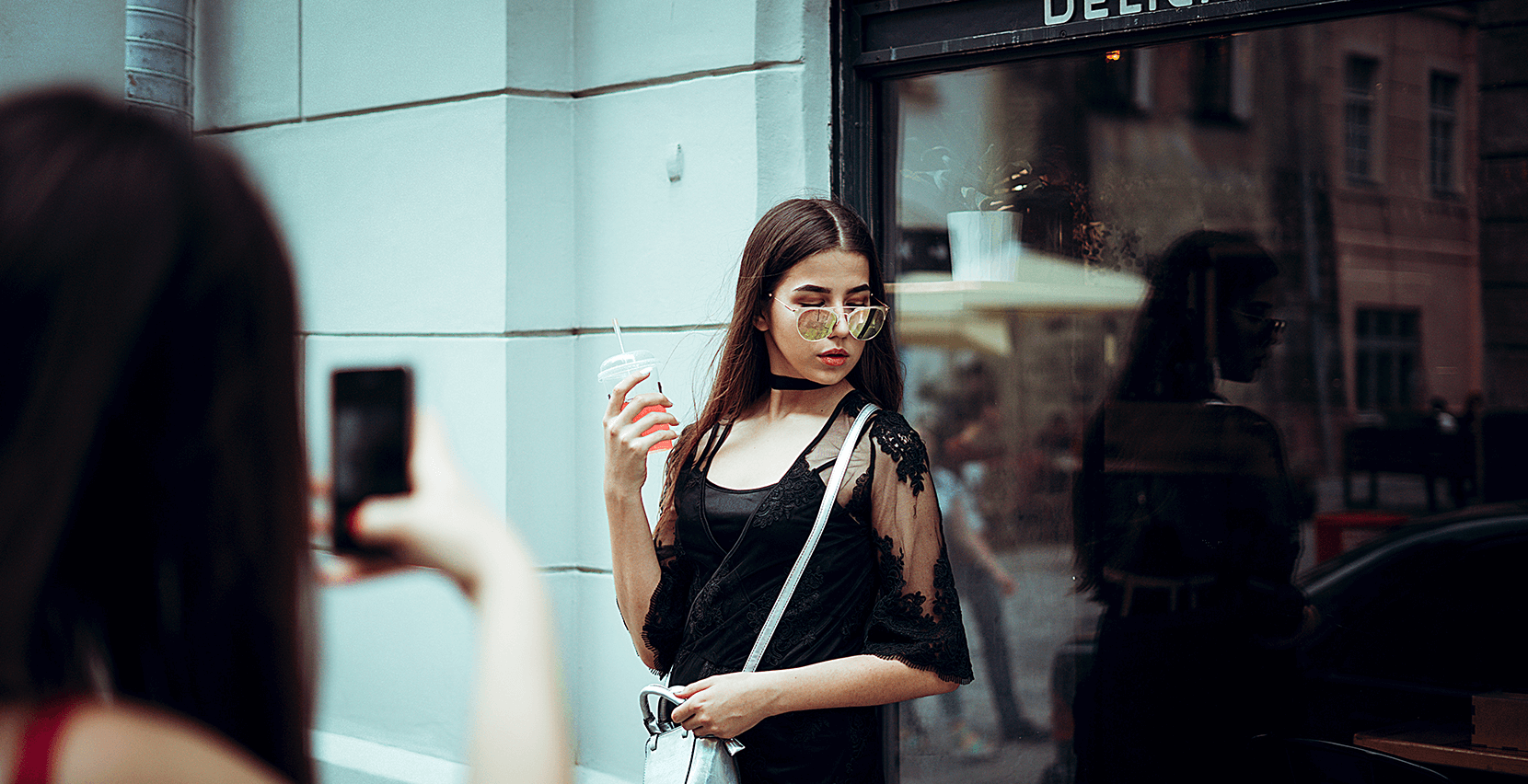
The drastic changes brought on by digitalization are making one thing abundantly clear: It is no longer the unique innovation, the outstanding product, or the superb service that makes or breaks a company. It is closeness – the total melding of brand with customer: "Zero Distance". Digitalization brings people closer to each other, and for brands, the race for closer customer relationships is officially on.
The generation of millennials was born into this digital age. Digitalization is part of their lives, and for them it is a means to an end for their self-presentation. Millennials are considered the luxury buyers of the future, because they love luxury and will gain buying power in the coming years. By 2025, this group of customers will account for about 40 % of sales in the luxury segment.
Luxury brands now have to step up. They have to react – without being untrue to themselves. But how? Based on the two previous luxury studies conducted in 2007 and 2012, the current study explicitly deals with the topics of digitalization, millennials, and changed behaviors in the luxury context.
As in 2012, we are looking at the DACH countries (Germany, Austria, and Switzerland), China, and the USA. An essential innovation is that we included the viewpoints of different age groups: the older elite luxury buyers (above age 35) and the emerging group of luxury customers, the millennials (younger than 35). We focused on the three segments Watches & Jewelry, Textiles, and Automobiles.
The study answers the following questions:
Some of the key insights gained by the study are:
Study design: Puls Marktforschung questioned 1,514 respondents. The sample consisted of 506 participants from Germany, 238 Austrians, 238 respondents from Switzerland, 272 from the USA, and 260 from China. The survey was carried out in July 2018. Most of the participants were of the top ten percent of the income range, the most relevant income bracket for luxury brands. Another filter was applied to query the knowledge and general affinity of millennials for luxury brands. However, we also added "prospective buyers" – millennials who are not yet among the top 10% of earners.
Find out more in our study "Digital Luxury: How The Digital Transformation Shapes Luxury Brands"

For the third time in a row, we have been recognised as a top management consultancy by business magazine FOCUS in 2023. Once again this year, the excellent performance and memorable expertise of our consultants was recognised by both clients and colleagues.
We are delighted with this appreciation and would like to thank our clients and colleagues.
Would you like to arrange a non-binding telephone call with us or do you have questions about our offer? Then simply fill out this form and we will get in touch with you as soon as possible.